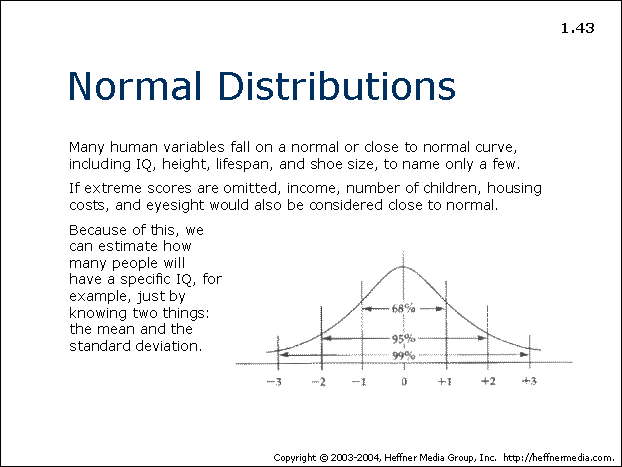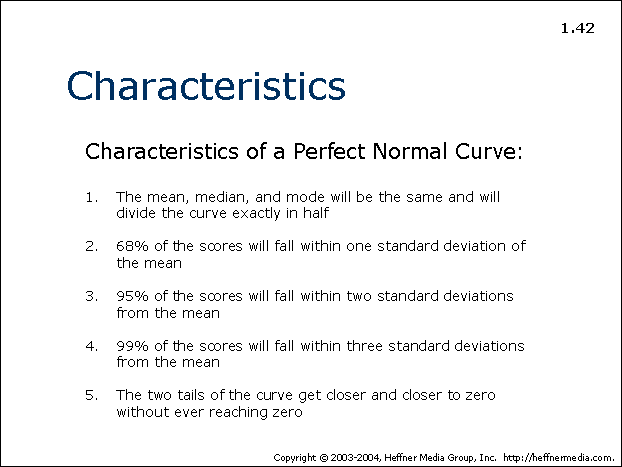General Psychology
Should We Replace Math Classes With Chess Classes?
Chess is a game that involves critical thinking, focus, spatial reasoning, and a whole range of complex cognitive skills. It’s also a game that’s just plain fun. Put those two things together, and you might have the perfect teaching tool. At least, that’s what a group of researchers from Denmark are suggesting. Actually, the researchers…
Read MoreIs Unethical Behavior Disgusting or Downright Infuriating?
Maybe unethical behavior makes your blood boil, or maybe it just plain disgusts you. Apparently, whether immoral actions provoke disgust or anger in you influences how you’ll respond. Psychologists have known that people can react to immoral behavior with anger or disgust, but it hasn’t been clear to what extent these are different expressions of…
Read MoreBrief Dog Therapy Sessions Can Improve Mental Health
Forget your weekly therapy appointment. What about your weekly therapy dog appointment? A group of psychologists in the UK have found that even spending a short period of time with a therapy dog can be good for your mental health. In their study, they recruited 132 college students to participate in a “dog-assisted intervention,” which…
Read MorePersonality Plays a Role in How People Evaluate Each Other’s Performance
In school, did you have that one teacher who was an easy A? And then that one who was ready to pounce on any little error? Which one was more popular? Maybe you’ve encountered this situation in other aspects of your life too. The boss who always gives good performance reviews versus the one who…
Read MoreExpressing Positive Emotions Linked to Better Heart Health
If you’re happy and you know it, tell someone. Unless that person’s having a bad day and you don’t want to rub it in. A new study from researchers in New Zealand and the United States suggests that people’s ability to express positive emotions is tied to their risk for heart disease. In the study,…
Read MoreAre Smart Extraverts the Biggest Liars?
In a way, lying is one of the most human acts. It draws on our unique cognitive abilities, from planning ahead to mentally simulating other people’s perspectives. Because lying is such a complex process, psychology researchers have long been interested in liars and why they lie. One way researchers have approached the topic of lying…
Read MoreHow Does Alcohol Affect Social Anxiety?
A little liquid courage can take the edge off anxiety, but too much liquid courage can cause all sorts of problems. Self-medicating with the anxiety-reducing properties of alcohol has been put forward as one possible explanation for why people with social anxiety disorder also have higher rates of alcohol use disorders. Of course, alcohol can…
Read MoreMood Influences People’s Intentions to Exercise
You probably know that a little exercise can do a lot for your mood. And if you read the AllPsych blog often, you know that simply telling people not to exercise for a week reliably lowers their life satisfaction. Now, though, a pair of studies have shed some new light on the link between exercise…
Read MoreAn Online Intervention for Overprotective Parents
A couple weeks ago, I wrote about how giving children less autonomy puts them at higher risk for anxiety. Now a group of psychologists in Australia have proposed a solution to this problem: online interventions for overprotective parents. The researchers have long been interested in how interventions can help parents cultivate independence, but their latest…
Read MorePositive Reinforcement May Be Key to Healthy Habits
A little more carrot and a little less stick may be the trick to maintaining a balanced diet, exercising more, and drinking less. That’s according to a new study from an international team of psychology researchers published in the journal Psychology & Health. Generally, there are two kinds of motivation people use to keep up…
Read More



